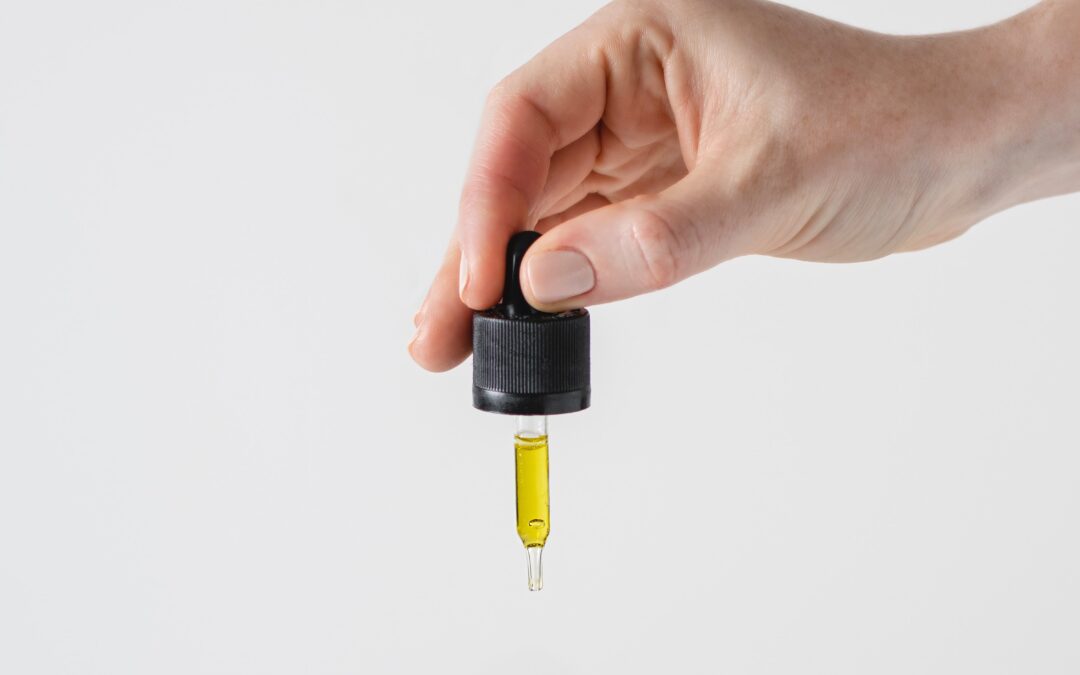What is Cannabidiol (CBD)?
Cannabidiol (CBD) is one of over 140 different cannabinoids found within the cannabis plant. It is often suspended in oil (e.g., CBD oil) and this is currently the most common way it is administered medically. What has generated a lot of interest in CBD is that it is considered non-intoxicating (doesn’t make you feel ‘high’), unlike delta-9-tetrahydrocannabinol (THC). Most recreational or illicit cannabis is bred to have high levels of THC which is why most people associate using cannabis with feeling ‘high’. Both CBD and THC are likely to play a role in the therapeutic benefits of medicinal cannabis.
What is CBD used for?
Cannabidiol has shown anticonvulsant, anti-inflammatory, anxiolytic and antidepressant activity in various scientific models. Currently, the majority of clinical (i.e., in human) research surrounding CBD has focused on its anticonvulsant activity in childhood epilepsy. Whilst research is continuing to evolve in this area at a rapid pace, currently there is no well-designed clinical research showing CBD can improve the pain or symptoms of endometriosis, however, many women are reporting anecdotally that it does. The challenge is that anecdotal evidence does not satisfy government regulatory requirements.
Regulations – what has changed?
In February 2021, the Therapeutic Goods Administration (TGA), after consultation with various advisory committees, has authorised cannabidiol to also be a Schedule 3 Pharmacist only medicine (i.e., not available off the shelf, but only after consultation with a pharmacist), but with certain caveats. Cannabidiol products dispensed by a pharmacist must conform to certain regulations, including that CBD comprises 98% or more of the total cannabinoid content of the preparation, with THC comprising no more than 1%. It can only be dispensed to people 18 years of age or older, must be in packs of no more than 30 days’ supply and can only have a maximum recommended daily dose of 150mg of CBD. This last point is very important, as most scientific evidence for CBD is at doses much higher than 150mg, which means no CBD products are currently being dispensed by pharmacists.
So…can I get Cannabidiol (CBD) oil at my local pharmacy?
Currently, no… but let us explain why.
Due to the TGA being responsible for ensuring the safety, quality and effectiveness of all medicines to the Australian public, the responsibility now falls on the manufacturing companies responsible for making CBD products to provide evidence of safety, quality and effectiveness for conditions or symptoms that do not require a medical doctor to make a diagnosis. For people with endometriosis, this means that you may not be able to get CBD oil from a pharmacy for your endometriosis symptoms, as endometriosis is a serious medical condition and requires ongoing medical management and supervision. Currently, it is best that should you wish to explore the option of using CBD oil or other medicinal cannabis products, that you have a conversation with your medical doctor to see if it is suitable for you and your symptoms.
Written by,
Dr Mike Armour and Justin Sinclair from NICM Health Research Institute at Western Sydney University.

